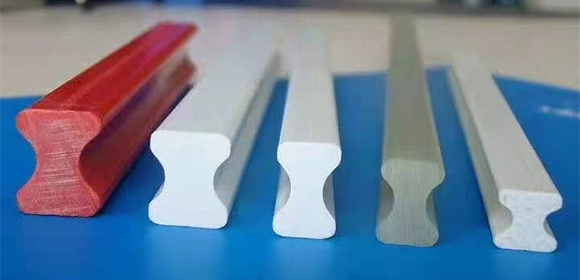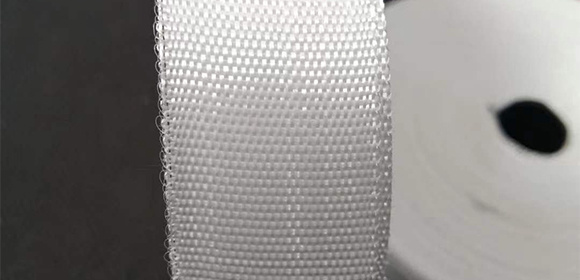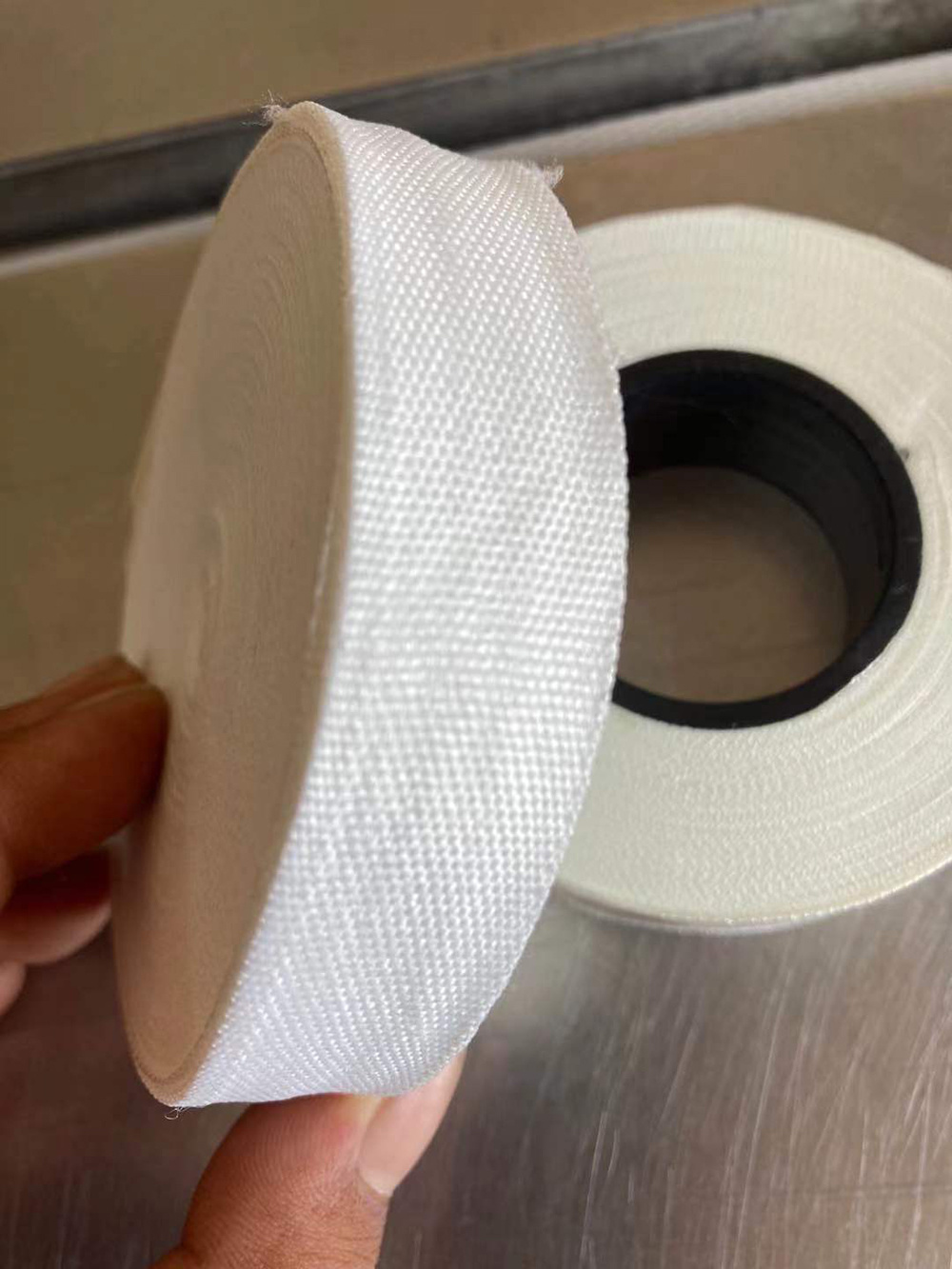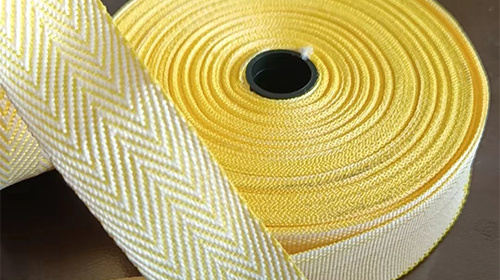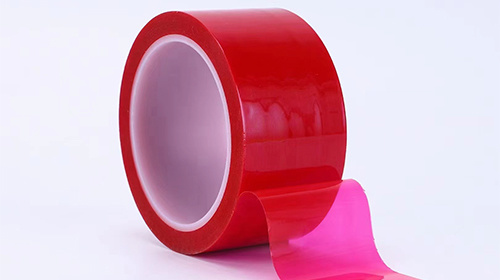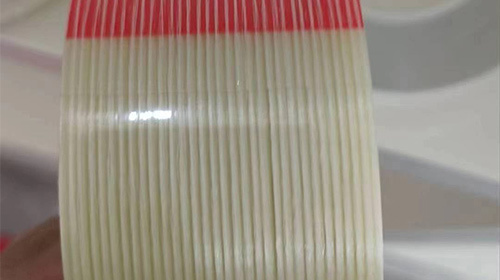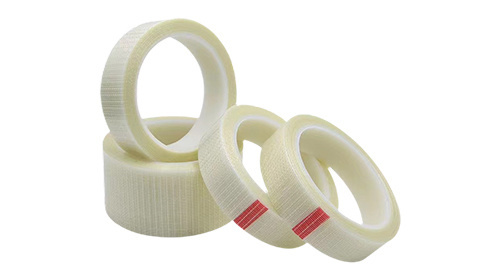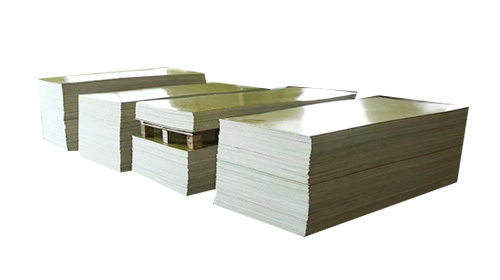Exploring Cost Benefits of PVC Fiberglass Sleeves vs Traditional Insulation
Exploring Cost Benefits of PVC Fiberglass Sleeves vs Traditional Insulation
Introduction to Insulation Materials in Electrical Applications
In the world of electrical engineering, insulation materials play a crucial role in ensuring safety, efficiency, and durability of electrical systems. Insulation protects wires and components from environmental factors, preventing electrical hazards and enhanc
Exploring Cost Benefits of PVC Fiberglass Sleeves vs Traditional Insulation
Introduction to Insulation Materials in Electrical Applications
In the world of electrical engineering, insulation materials play a crucial role in ensuring safety, efficiency, and durability of electrical systems. Insulation protects wires and components from environmental factors, preventing electrical hazards and enhancing performance. Among the various options available, PVC fiberglass sleeves and traditional insulation materials stand out for their unique properties and advantages. This article delves into the **cost benefits**, performance comparisons, and specific applications of **PVC fiberglass sleeves** versus traditional insulation.
Understanding PVC Fiberglass Sleeves
What Are PVC Fiberglass Sleeves?
PVC fiberglass sleeves are a type of insulation made from a combination of **polyvinyl chloride (PVC)** and fiberglass. This composite material offers excellent electrical insulation properties while also providing mechanical strength and resistance to environmental factors. These sleeves are widely used in various applications, from electrical wiring to automotive components.
Key Features of PVC Fiberglass Sleeves
- **High Thermal Stability**: PVC fiberglass sleeves can withstand a wide range of temperatures, making them suitable for high-heat applications.
- **Chemical Resistance**: They exhibit strong resistance to oils, fuels, and solvents, ensuring durability in harsh environments.
- **Flame Retardant Properties**: This insulation material is inherently flame-resistant, adding an extra layer of safety.
Traditional Insulation Materials: An Overview
Common Types of Traditional Insulation
Traditional insulation materials include rubber, PVC, and various types of thermoplastics. While these materials have been widely used for decades, they come with their own set of limitations.
Advantages of Traditional Insulation
- **Established Performance**: Traditional materials have been tested over time and are trusted in many applications.
- **Wide Availability**: They are readily available and can be sourced easily.
Cost Comparison: PVC Fiberglass Sleeves vs Traditional Insulation
Material Costs
When evaluating the cost benefits of PVC fiberglass sleeves versus traditional insulation, material costs play a significant role. PVC fiberglass sleeves typically have a **higher upfront cost** compared to some traditional materials. However, this initial investment can be offset by various factors, including lifespan, performance, and safety features.
Labor and Installation Costs
Installation costs are critical when considering the overall expense of insulation. PVC fiberglass sleeves are generally easier to install due to their flexible nature and lightweight design. This ease of installation can lead to **reduced labor costs**, as less time is needed for fitting and securing the sleeves.
Longevity and Maintenance Costs
One of the key advantages of PVC fiberglass sleeves is their **durability**. These sleeves are resistant to wear and tear, which can extend their lifespan significantly compared to traditional insulation materials. With longer-lasting materials, companies can save on maintenance and replacement costs over time, providing a compelling argument for the long-term cost benefits of PVC fiberglass sleeves.
Performance Analysis: Key Metrics
Electrical Insulation Performance
Electrical insulation performance is crucial in determining which material is best suited for specific applications. PVC fiberglass sleeves provide superior insulation properties, reducing the risk of electrical faults and improving overall system reliability.
Temperature Resistance
High-temperature resistance is essential in many industrial applications. PVC fiberglass sleeves can handle extreme temperatures without degrading, while some traditional insulations may fail under similar conditions.
Environmental Resistance
Environmental variables, such as humidity, UV radiation, and chemical exposure, can affect insulation performance. PVC fiberglass sleeves exhibit excellent resistance to such factors, ensuring longer reliability compared to many traditional options.
Applications of PVC Fiberglass Sleeves
Electrical Wiring
PVC fiberglass sleeves are increasingly used in electrical wiring for their superior insulation properties, safety features, and long-term reliability. They effectively protect wires from abrasion, heat, and moisture.
Automotive Industry
In the automotive sector, PVC fiberglass sleeves are commonly used to insulate wiring harnesses and protect sensitive components from heat and environmental exposure.
Industrial Machinery
Industrial machinery often operates in demanding environments. PVC fiberglass sleeves are ideal for insulating cables and wiring in such applications, providing robust protection and performance.
Advantages of Choosing PVC Fiberglass Sleeves
Cost-Effectiveness Over Time
While the initial investment in PVC fiberglass sleeves may be higher, the long-term benefits in terms of durability, reduced maintenance, and labor costs make them a more cost-effective choice.
Enhanced Safety and Compliance
PVC fiberglass sleeves meet various safety standards, helping businesses comply with regulations. Their flame-retardant properties enhance safety in electrical applications.
Sustainability Considerations
Sustainability is becoming a priority for many industries. PVC fiberglass sleeves often have a lower environmental impact compared to traditional materials, contributing to eco-friendly practices.
FAQs About PVC Fiberglass Sleeves and Traditional Insulation
1. Are PVC fiberglass sleeves suitable for high-voltage applications?
Yes, PVC fiberglass sleeves are excellent insulators for high-voltage applications due to their superior dielectric strength.
2. How do installation costs compare between PVC fiberglass sleeves and traditional insulation?
Installation costs for PVC fiberglass sleeves are typically lower because of their ease of use and reduced labor time.
3. What is the lifespan of PVC fiberglass sleeves compared to traditional insulation?
PVC fiberglass sleeves generally offer a longer lifespan, often exceeding traditional insulation materials by several years.
4. Do PVC fiberglass sleeves require special handling during installation?
No, PVC fiberglass sleeves are relatively easy to handle and install without the need for specialized tools.
5. Are there any environmental concerns with PVC fiberglass sleeves?
PVC fiberglass sleeves are designed to be environmentally friendly and meet safety standards, minimizing environmental impact.
Conclusion
In summary, when comparing the **cost benefits of PVC fiberglass sleeves** versus traditional insulation materials, it's essential to consider not only the initial investment but also the long-term advantages. PVC fiberglass sleeves offer superior electrical performance, resilience to environmental factors, and lower maintenance costs, making them a compelling option for various applications. Businesses looking to enhance safety and efficiency in their electrical systems should consider the transition to PVC fiberglass insulation as a wise investment for the future.






